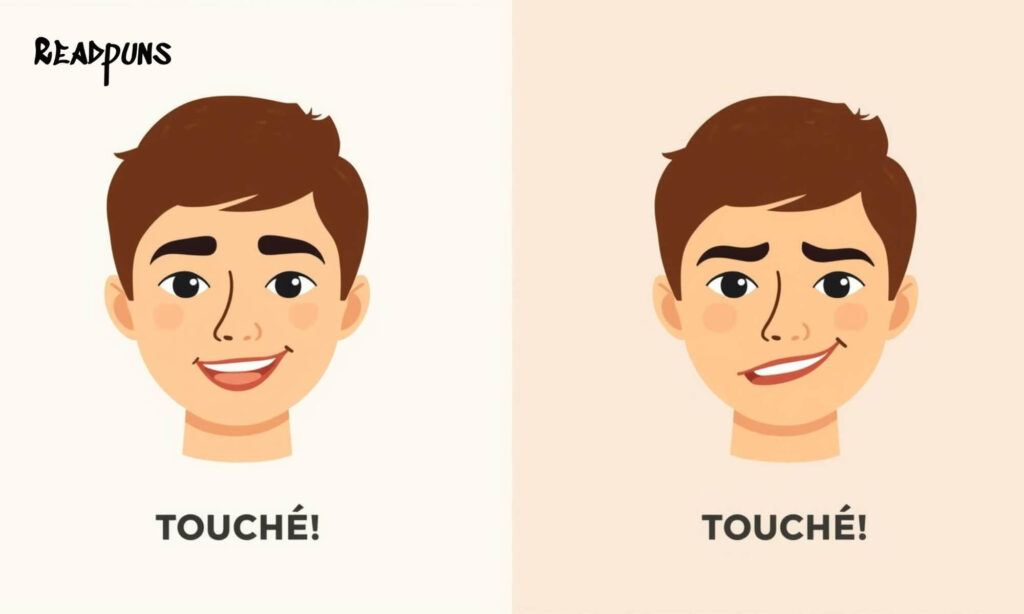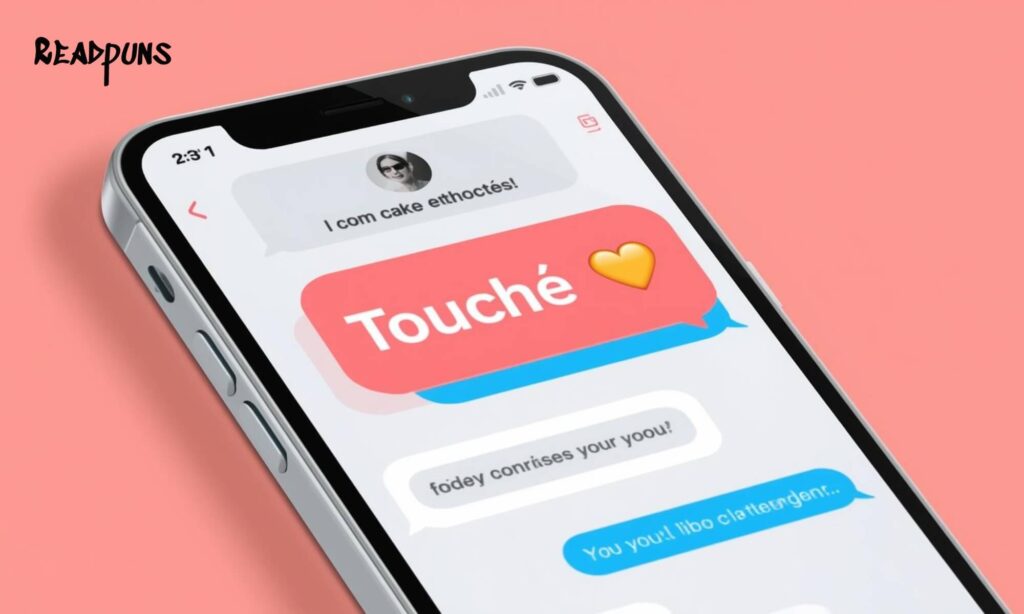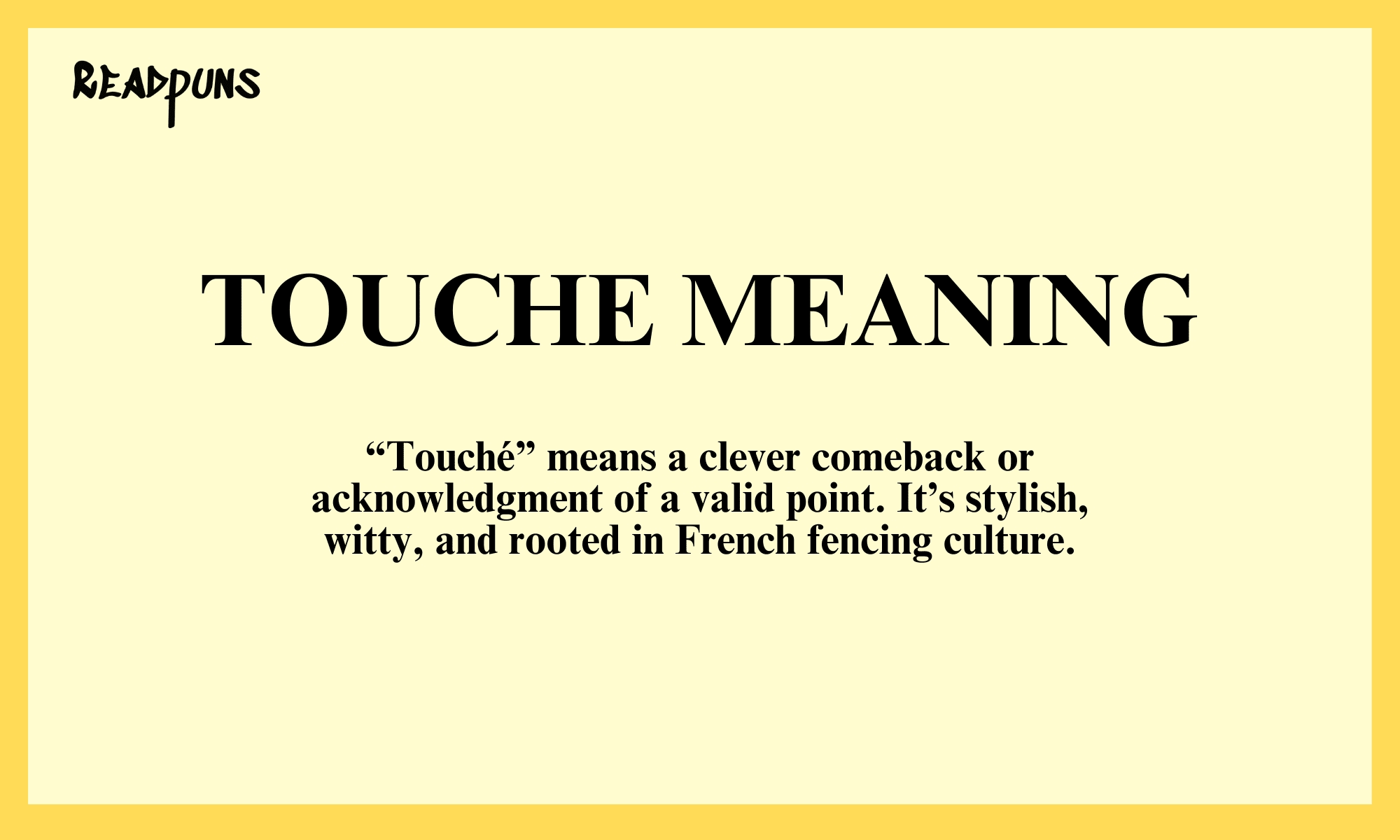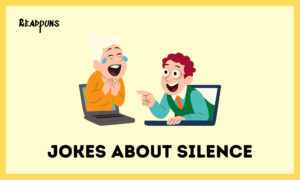Have you ever been in a conversation where someone makes a clever remark, and instead of arguing back, you just smile and say, “Touché!”?
This little French word adds a touch of elegance, humor, and wit all at once. But what’s the real Touché meaning, and how did it become part of English slang?
Whether you’ve heard it in movies, debates, or TikTok banter, “Touché” carries more weight than just a simple “good point.”
It’s a word that recognizes cleverness a classy way to admit when someone has made a valid or witty comeback.
In this post, we’ll dive into the Touché meaning, its origins, how to use it correctly, and when to avoid it.
Let’s uncover why this one word can make any conversation sound more intelligent and charming. 🗣️
Read More: Kroner Meaning
1. What Does “Touché” Mean?

At its core, “Touché” (pronounced too-shay) comes from French fencing, meaning “touched.” In duels, it was used when one opponent successfully landed a hit on another.
Over time, this word found its way into English conversations to acknowledge a clever point or comeback.
💡 In modern use:
When someone says something smart or slightly teasing, replying with “Touché” means you respect their quick thinking.
Example:
Friend: “You’re late again.”
You: “At least I arrived looking good.”
Friend: “Touché!”
It’s a polite way to say, You got me there! often with humor or mutual respect.
2. The Origin of “Touché”

The word “Touché” stems from the French verb toucher, meaning “to touch.” It gained popularity through fencing a sport that values precision, timing, and skill.
Every time a fencer landed a hit, the judge would call “Touché!”
By the 19th century, English speakers adopted it metaphorically for verbal sparring. Instead of swords, people used words and “Touché” became a refined way to acknowledge defeat in a debate.
🎭 Fun fact: The use of “Touché” in literature and films like The Three Musketeers helped cement it as a witty response in English-speaking culture.
3. How to Use “Touché” in Conversations

Using “Touché” correctly can make you sound classy, confident, and emotionally intelligent. It’s not about admitting you’re wrong it’s about appreciating a smart remark.
✅ When to say it:
In friendly banter or playful debates.
When someone makes a witty comeback that you respect.
❌ When not to say it:
- In serious arguments or emotional discussions (it can sound sarcastic).
- When you genuinely feel insulted “Touché” should stay lighthearted.
Example:
- You: “I finally beat you at chess!”
- Friend: “Only because I was distracted.”
- You: “Touché.” 😄
4. Common Misinterpretations of “Touché”

Many people think “Touché” means I agree but that’s not quite right. It doesn’t mean agreement; it means acknowledgment.
🚫 Wrong: “Touché” = You’re correct.
✅ Right: “Touché” = Nice point, clever response, well said.
In casual use, some even misuse it sarcastically which can change the entire tone of a conversation.
Example of sarcasm:
Person A: “At least I have a job.”
Person B (rolling eyes): “Touché.”
Use it only when you genuinely admire the other person’s cleverness.
5. Touché Meaning in Pop Culture
The word “Touché” appears in countless TV shows, memes, and movies. It’s often used in witty dialogues between rivals or lovers.
🎬 Examples:
Friends (TV Show): Ross and Chandler often use “Touché” after playful teasing.
Marvel Movies: Tony Stark uses it to acknowledge someone outsmarting him.
Online, people use “Touché” in memes and captions to highlight funny or clever responses — keeping the French flair alive in digital culture.
6. Touché Meaning in Texting and Slang

In modern texting, “Touché” has evolved into a playful acknowledgment emoji-free reply. It’s often used after getting “roasted” or outwitted in a chat.
💬 Texting Example:
Friend: “You talk about gym more than you go.”
You: “Touché 😂”
You might also see users type it with emojis or stylized forms like tou-chay or toucheee — adding humor and personality.
7. Polite and Fun Alternatives to “Touché”
If “Touché” feels too formal or French for some settings, try these:
“Good one!”
“You got me there!”
“Fair point!”
“Clever comeback!”
These alternatives carry the same meaning but are simpler for casual chats or workplace conversations.
8. Final Thoughts: Why “Touché” Still Matters
In a world full of arguments and hot takes, saying “Touché” shows emotional maturity. It means you can appreciate another person’s wit without feeling defeated.
Whether you’re fencing with words or sharing a meme, the Touché meaning remains timeless it’s all about respect, humor, and intelligence combined.
So next time someone delivers a sharp comment, smile and say it with style: “Touché!” ⚔️😉
Faqs
What does touché mean in conversation?
Touché is used to acknowledge someone’s clever or valid point in a light, respectful way. It’s often used in witty exchanges.
Is touché a French word?
Yes, “touché” comes from French and means “touched,” originally used in fencing to recognize a successful hit.
Can touché be used sarcastically?
Sometimes, yes. While it usually shows respect, touché can be used with a sarcastic tone in playful debates or memes.
How do you pronounce touché?
It’s pronounced as “too-shay” (/tuːˈʃeɪ/) with emphasis on the second syllable, keeping its French elegance.
Johny is the creative mind behind readpuns.com, where he blends humor, wit, and wordplay into every line. From clever puns to viral captions, he’s dedicated to making your content stand out and your followers smile. When he’s not crafting punchy posts, you’ll find him chasing new trends and turning everyday moments into laugh-worthy lines.














